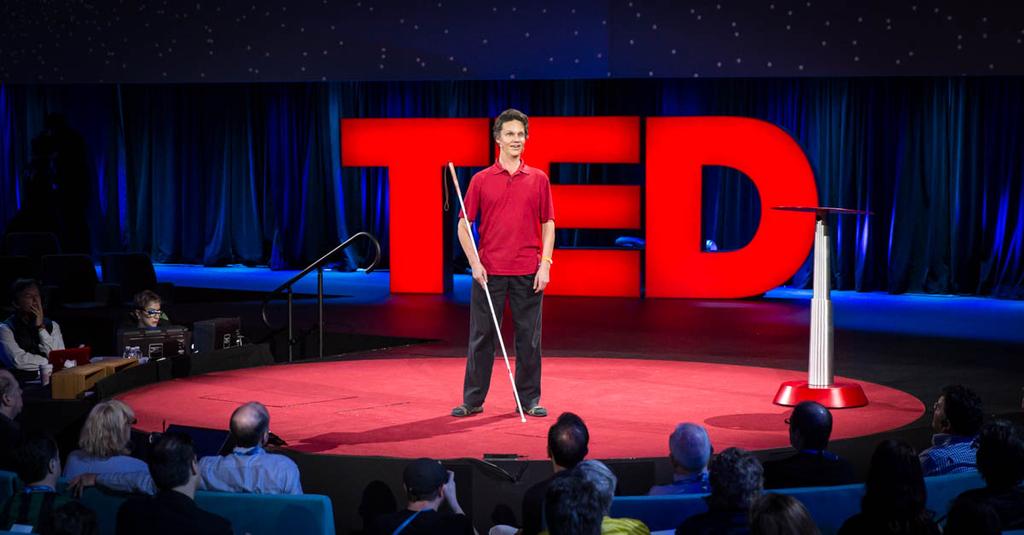Bats are the most well-known users of echolocation. But did you know humans can use echolocation as well? Daniel Kish developed retinal cancer and lost his eyes at 13 months old. With no sense of vision, Kish would click his tongue to help him maneuver around his surroundings based on the echoes of his tongue clicks.
As an individual who lost both his eyes to retinal cancer before he turned two years old, Daniel Kish got accustomed to producing tongue clicks that would create echos, aiding him in recognizing his environment.
Daniel Kish and His Early Life
Most recognized for his usage of human echolocation, Daniel Kish has consistently devoted his time and efforts to aid his fellow visually impaired people. Born in Montebello, California, in March 1966, Kish lost both eyes to retinoblastoma or retinal cancer when he was a little over one year old.
Despite both of Kish’s parents not acquiring retinal cancer, Kish’s brother, Keith, emerged with genetic retinoblastoma. The doctors managed to save Keith’s sight, and he continued to become a middle school teacher. With that said, Kish’s story goes on to be far different from his brother’s.
Kish, who had lost his vision, used human echolocation by clicking his tongue to produce echoes, helping him navigate and orient himself. And although Kish and his mother had no idea what Kish was doing with the tongue clicking, he got around by himself in mainstream schools, solely relying on echolocation. Many friends and family referred to Kish’s tongue clicking as his radar.
Kish can hardly remember a time when he didn’t click. He came to it on his own, intuitively, at age two, about a year after his second eye was removed. Many blind children make noises in order to get feedback – foot stomping, finger snapping, hand clapping, tongue clicking. These behaviors are the beginnings of echolocation, but they’re almost invariably deemed asocial by parents or caretakers and swiftly extinguished.
Michael Finkel
Daniel Kish expressed gratitude for his mother as she never dissuaded him from his tongue clicking. Kish described his upbringing as self-reliance, and nothing hindered him from pursuing his interests. Kish became a heavy reader of braille books, and he also retained the skill of taking anything apart and putting it back together.
Kish was an excellent student that became Best Brain in middle school, graduating from high school with a GPA nearing 4.0. He pursued higher education at the University of California Riverside, earning a master’s degree in developmental psychology and special education. His thesis centered on human echolocation’s history and science, planning the first echolocation training programs. (Source: London Speaker Bureau)
Kish’s Efforts For Equality
Daniel Kish became the world’s first blind orientation and mobility specialist, somebody who teaches visually impaired people to travel until they become independent. In 2000, Kish found World Access for the Blind, facilitating equal access of resources and opportunities to blind people, promoting the general acceptance of blind people in society.
Kish teaches his methods of human echolocation and advocates for his tongue clicking as flash sonar, commonly giving lessons in one-on-one sessions or small groups of people. In 2017, Kish cooperated with various researchers from six universities to produce an in-depth analysis of human echolocation.
You could fill libraries with what we know about the human visual system, but what we know about human echolocation could barely fill a bookshelf.
Daniel Kish
(Source: Smithsonian Magazine)
